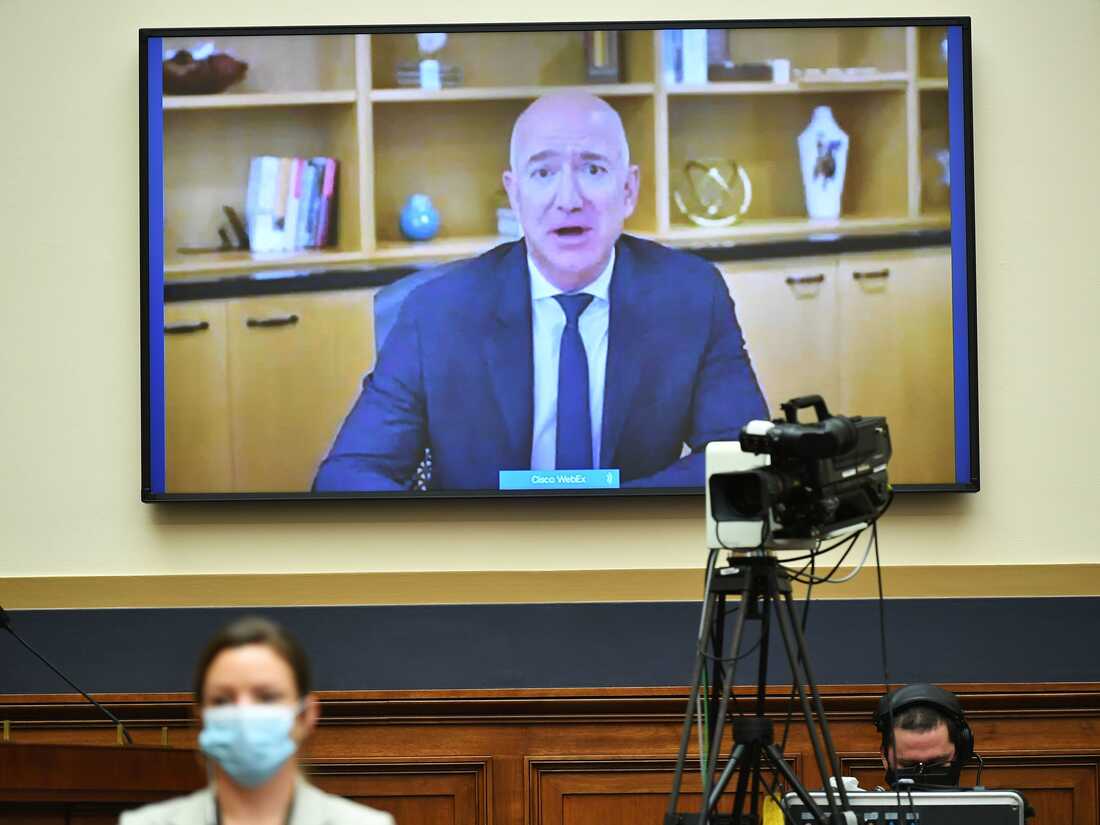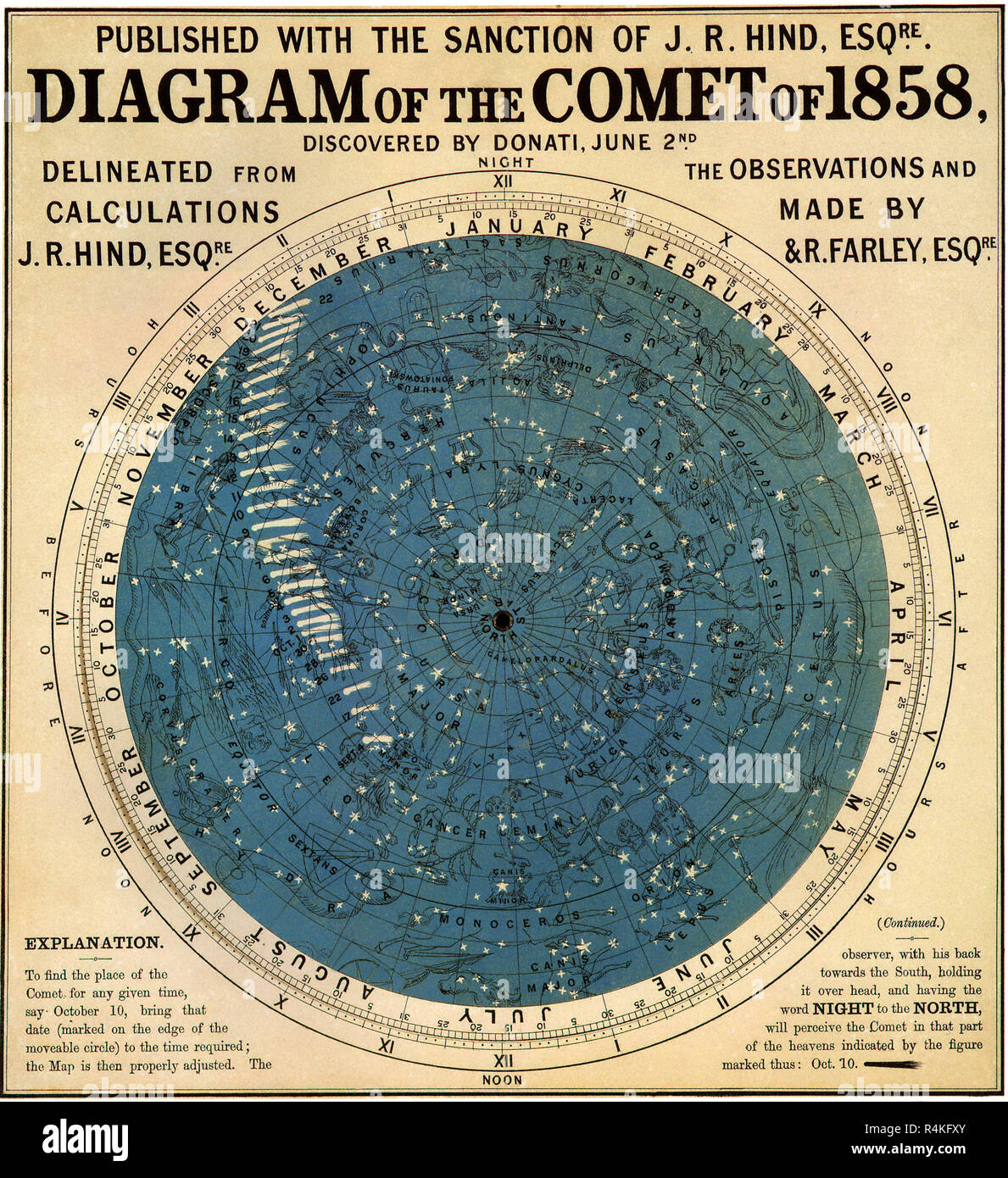The enumerated powers (also called expressed powers, explicit powers or delegated powers) of the United States Congress are the powers granted to the federal government of the United States by the United States Constitution.Most of these powers are listed in Article I, Section 8.. In summary, Congress may exercise the powers that the Constitution grants it, subject to the individual rights
Powers of Congress – Legislative Branch – The Westport Library Resource Guides at The Westport Library
Congress is assigned the power to declare war and to raise an army and navy. Congress has the right to propose amendments to the Constitution and to create new states. Certain powers are granted specifically to the House, such as the power to initiate all tax and spending bills. While the Senate cannot propose such bills, it can accept, reject

Source Image: seekingalpha.com
Download Image
Some examples of the expressed powers of Congress include: The power to allow foreigners to become U.S. citizens The power to protect the work of artists and inventors by establishing and enforcing copyright and patent laws The power to not only punish pirates who threaten the U.S., but also to hire pirates to invade foreign countries

Source Image: almendron.com
Download Image
Celestial planisphere hi-res stock photography and images – Alamy Nov 21, 2023Five expressed powers of Congress are the powers to declare war, coin money, regulate interstate commerce, raise an army and navy, and collect taxes. What are examples of expressed

Source Image: npcobserver.com
Download Image
Which Is An Example Of An Expressed Power Congress Holds
Nov 21, 2023Five expressed powers of Congress are the powers to declare war, coin money, regulate interstate commerce, raise an army and navy, and collect taxes. What are examples of expressed The Expressed Powers of Congress are outlined in the Constitution. The Expressed Powers (also known as Enumerated Powers) are rights given to Congress to conduct governmental duties. Most of these powers are found in Article 1 Section 8 of the United States Constitution. The Tenth Amendment limits the powers of Congress to those expressed in
The NPCSC Legislative Affairs Commission and Its “Invisible Legislators”
Feb 14, 2023I, § 8). This Clause often serves as justification for the implied powers of the US Congress. Using the Necessary and Proper Clause, Congress can make the argument that new powers are necessary for the proper running of the country even if they were not originally included in the Constitution. Heads Of Amazon, Apple, Facebook, Google Testify On Big Tech’s Power : NPR

Source Image: npr.org
Download Image
5 Politicians Fighting Against Breastfeeding Discrimination – SheKnows Feb 14, 2023I, § 8). This Clause often serves as justification for the implied powers of the US Congress. Using the Necessary and Proper Clause, Congress can make the argument that new powers are necessary for the proper running of the country even if they were not originally included in the Constitution.

Source Image: sheknows.com
Download Image
Powers of Congress – Legislative Branch – The Westport Library Resource Guides at The Westport Library The enumerated powers (also called expressed powers, explicit powers or delegated powers) of the United States Congress are the powers granted to the federal government of the United States by the United States Constitution.Most of these powers are listed in Article I, Section 8.. In summary, Congress may exercise the powers that the Constitution grants it, subject to the individual rights

Source Image: westportlibrary.libguides.com
Download Image
Celestial planisphere hi-res stock photography and images – Alamy Some examples of the expressed powers of Congress include: The power to allow foreigners to become U.S. citizens The power to protect the work of artists and inventors by establishing and enforcing copyright and patent laws The power to not only punish pirates who threaten the U.S., but also to hire pirates to invade foreign countries

Source Image: alamy.com
Download Image
The Powers of Congress [ushistory.org] Section 8. Clause 1: The Congress shall have Power To lay and collect Taxes, Duties, Imposts, and Excises, to pay the Debts and provide for the common Defence and general Welfare of the United States; but all Duties, Imposts and Excises shall be uniform throughout the United States; Clause 2: To borrow Money on the credit of the United States;
![The Powers of Congress [ushistory.org]](https://www.ushistory.org/gov/images/00021342.jpg)
Source Image: ushistory.org
Download Image
Design for Inclusivity at the UIA World Congress of Architects 2023 | ArchDaily Nov 21, 2023Five expressed powers of Congress are the powers to declare war, coin money, regulate interstate commerce, raise an army and navy, and collect taxes. What are examples of expressed

Source Image: archdaily.com
Download Image
Expressed Powers | Definition, Examples & Importance – Video & Lesson Transcript | Study.com The Expressed Powers of Congress are outlined in the Constitution. The Expressed Powers (also known as Enumerated Powers) are rights given to Congress to conduct governmental duties. Most of these powers are found in Article 1 Section 8 of the United States Constitution. The Tenth Amendment limits the powers of Congress to those expressed in

Source Image: study.com
Download Image
5 Politicians Fighting Against Breastfeeding Discrimination – SheKnows
Expressed Powers | Definition, Examples & Importance – Video & Lesson Transcript | Study.com Congress is assigned the power to declare war and to raise an army and navy. Congress has the right to propose amendments to the Constitution and to create new states. Certain powers are granted specifically to the House, such as the power to initiate all tax and spending bills. While the Senate cannot propose such bills, it can accept, reject
Celestial planisphere hi-res stock photography and images – Alamy Design for Inclusivity at the UIA World Congress of Architects 2023 | ArchDaily Section 8. Clause 1: The Congress shall have Power To lay and collect Taxes, Duties, Imposts, and Excises, to pay the Debts and provide for the common Defence and general Welfare of the United States; but all Duties, Imposts and Excises shall be uniform throughout the United States; Clause 2: To borrow Money on the credit of the United States;